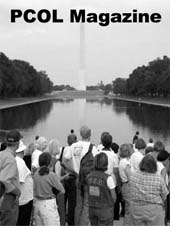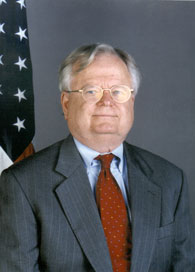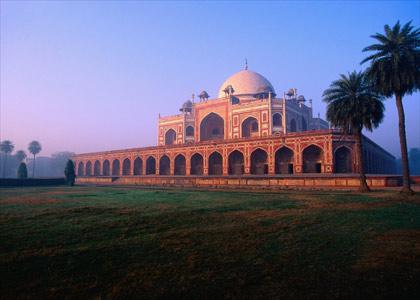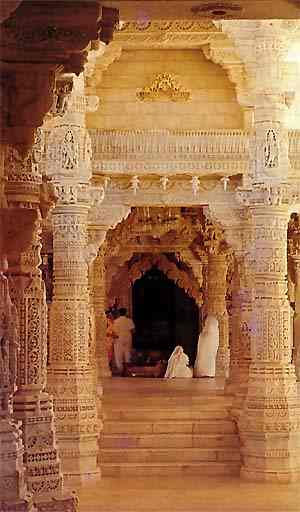
RPCVs remember
...the Peace Corps Fallen | | Top Discussion Stories
 | Accountability
Senator Norm Coleman is a strong supporter of Bush's full $359M budget request but wants greater accountability from the Peace Corps. Read why. |
 | The Fourth Goal
Read what Sargent Shriver says ought to be the Peace Corps' new goal for the 21st century. |
 | Peace Corps Charter
Read about the new Peace Corps bill that RPCVs and Friends of the Peace Corps are getting through Congress. |
 | PC is "truly hardcore"
A Marine Sergeant visited his daughter who is serving in Nicaragua. Read what he says about the Peace Corps. |
 | Improvements needed
...in Volunteer services. Read our exclusive story on what needs to be done to support volunteers and reduce attrition rates. |
 | A Volunteer's Courage
After Sara Evans was assaulted she left the Peace Corps and returned to the United States. But her ordeal was only beginning. |
 | The Lariam Files
Read about the anti-malarial drug thousands of volunteers have taken - and its potential side effects. |
 | Protest at the Peace Corps
Do volunteers and staff retain first amendment rights while working in the Peace Corps. Join the discussion. |
 | RPCVs organize
Read how 1,800 RPCVs organized to place two half-page ads in the New York Times. |
|





